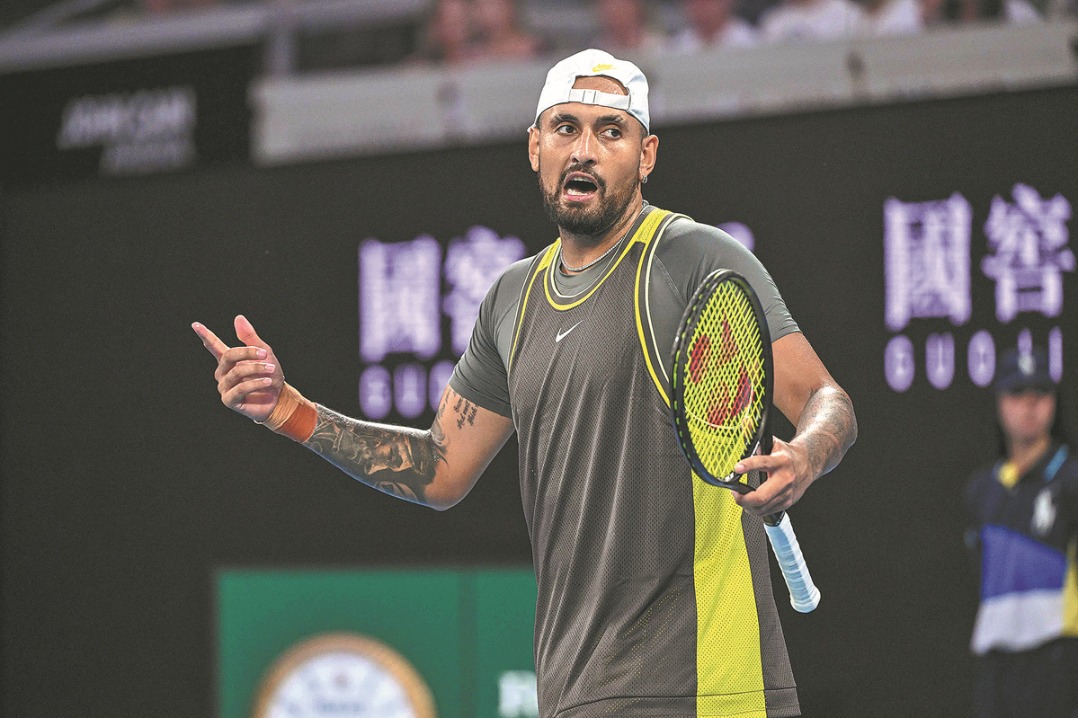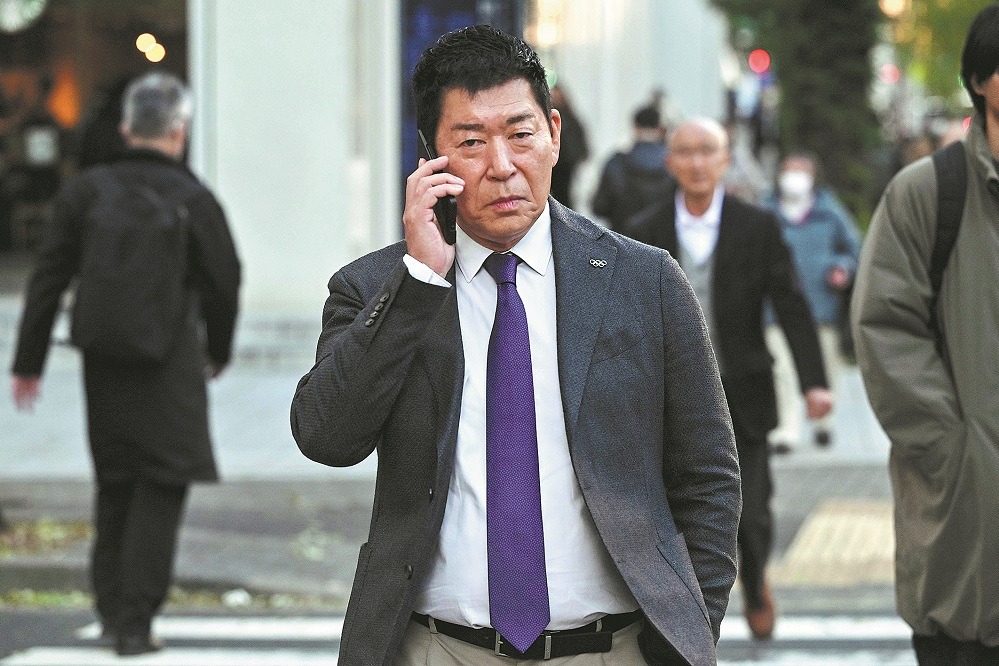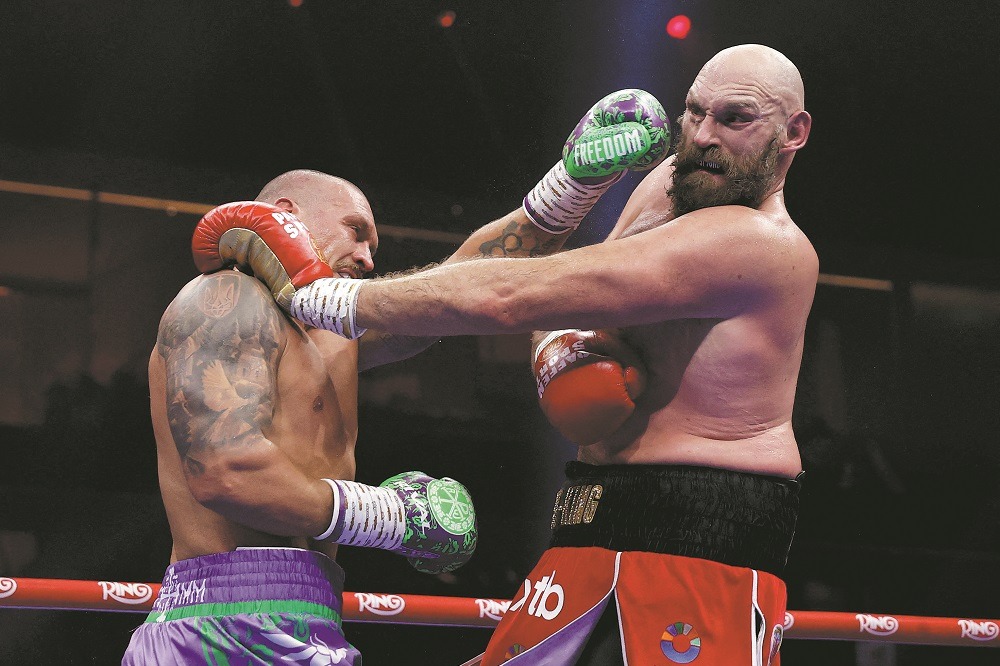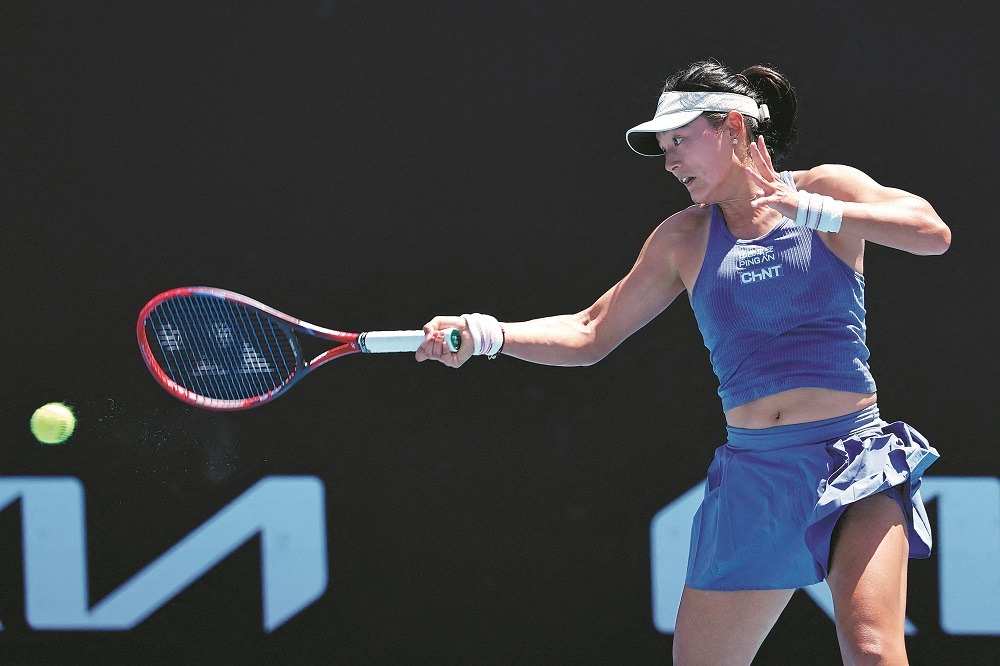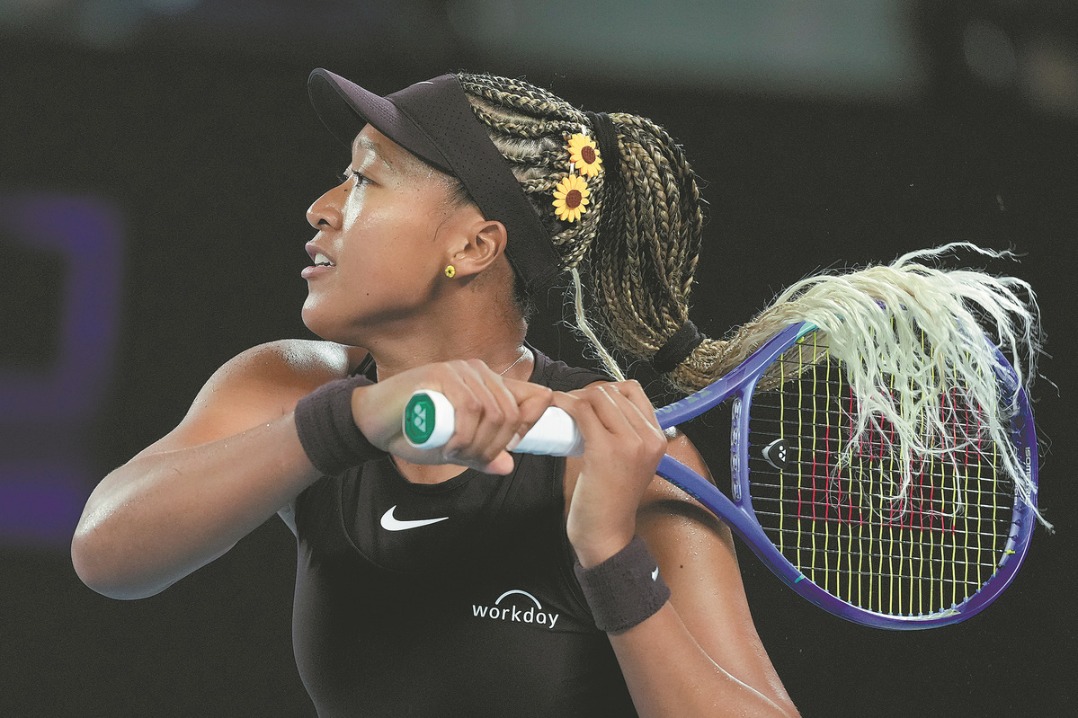WADA calls for 'root and branch reforms' of US anti-doping

The World Anti-Doping Agency (WADA) has voiced serious concerns regarding the protection of clean sport in the United States, calling for "root and branch reforms" in its anti-doping system.
In a letter to Tobie Smith, chair of the United States Anti-Doping Agency (USADA) board of directors, WADA highlighted that 90 percent of American athletes compete outside the jurisdiction of the World Anti-Doping Code, specifically those in professional leagues and college sports.
"Of primary concern is the matter of college sports, which account for so many athletes who go on to compete at the very highest levels, including the Olympic Games," WADA stated. "75 percent of US athletes competing in Paris came through the collegiate system. That is three-quarters of American Olympians who were, at one time, part of an elite system that operates far below the globally recognized clean sport standard."
WADA also raised alarms about the broader impact, noting that the issue extends beyond just US athletes. According to media reports, National Collegiate Athletics Association (NCAA) schools sent more than 1,000 former, current and incoming student-athletes, representing over 100 countries and regions, to the Paris 2024 Olympic Games. Of those, 272 athletes won 330 medals for 26 countries and regions.
Given the number of top international athletes competing in US systems, WADA expressed concern for their welfare, performance and health. "We are sure it horrifies you to know that top overseas athletes may be taking 'doping vacations' on US soil."
WADA further criticized USADA's testing performance as inadequate. In 2023, according to its own data, USADA collected just 7,773 samples from 3,011 athletes. WADA labeled this as a "disappointing number", given the country's population, the large pool of athletes and the size of its Olympic team.
"The French National Anti-Doping Organization (NADO) collects significantly more samples than USADA, despite having a budget that is just a little more than one-third of USADA's. USADA also collected fewer samples than the NADOs in China, Russia, Italy and Great Britain," WADA pointed out.
Additionally, WADA criticized USADA for reportedly running a scheme that allowed certain athletes who committed serious doping offenses to go undercover and continue competing for several years, which WADA deemed unfair to clean athletes.
"In addition to jeopardizing the safety of the cooperating athletes, this scheme threatened the level playing field that is at the core of the fight against doping in sport. There is simply nothing under the Code that would allow for such a scheme to be operated," WADA said.
In July of this year, WADA received a letter from the Central European Anti-Doping Organization on behalf of a group of 32 National and Regional Anti-Doping Organizations from Europe, Asia and Africa, seeking clarification on the global implementation of the World Anti-Doping Code.
In its letter to USADA, WADA emphasized, "in the face of ongoing geopolitical interference, WADA will continue applying the Code without fear or favor, working with athletes, the sport movement, national and regional anti-doping organizations, and governments."
Xinhua
Most Popular
- Kyrgios says his loss might have been his last singles match at Melbourne Park
- Watanabe hopes his 'crazy' 5-city Games idea sparks debate
- Tyson Fury: Final curtain for the 'Gypsy King'?
- Osaka battles to keep focus with LA fires 'three blocks from home'
- Medvedev destroys a TV camera, survives big scare
- Club needs reinforcements after not making summer signings, says Pep
















